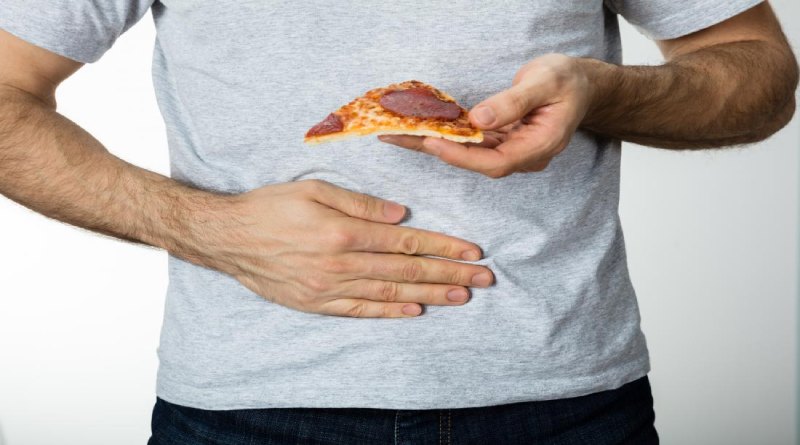Table of Contents
What Exactly Is Gluten Free?
Gluten Free is a large protein in wheat, rye, and barley crops. It makes the dough spongy (rises), keeps the bread from coming apart, adds consistency, and improves the flavor. It will commonly enhance the texture of other dishes such as cereals, pasta, and baked goods.
Who Should Take Gluten-Free Foods?
Celiac Disease Patients
It is an immunological reaction to gluten that causes the body to attack the small intestine, resulting in stomach discomfort, nausea, bloating, or diarrhea. Celiac disease patients cannot tolerate gluten in any form and must adhere to a it for the rest of their life. If you have celiac disease and mistakenly consume gluten, you will most likely have the same symptoms as before you went it. And also we can search Apple AirTag
Gluten-Sensitive Individuals
It is critical not to presume that stomach discomfort will cause gluten. If you suspect you have gluten sensitivity, suggests consulting with a doctor and a trained nutritionist to determine the cause of your symptom. There isn’t a test for gluten bigotry so that we could attempt an exclusion diet like the low FODMAP diet,” explains.

How Can You Identify And Avoid Foods And Drinks That Contain Gluten?
- For example, when shopping and eating at home, the patient should:
- carefully reading food labels to check for gluten-containing grains, such as wheat, barley, and rye, and ingredients or additives made from those grains
- check if the product has a gluten-free food label
- You should contact the company that manufactures the food or visit their website for more in a row.
- Store and prepare your gluten-free foods unconnectedly from other family members’ it foods to avoid cross-contact. And also search Soybean oil price 15kg
When Eating At Restaurants Or at Social Gatherings, The Patient Should:
- before you go out to eat, look online for restaurants that offer a gluten-free diet menu
- check restaurant menus online or call ahead to make sure the restaurant can serve you safely
Should A Gluten-Free Diet will Start Before Consulting A Doctor?
No. If people think they might have celiac disease, they should talk to their doctor about testing for celiac disease before starting a gluten-free diet. If you avoid gluten before testing, the results may not be accurate.
Conclusion
If a person does not have celiac disease or another gluten-related health problem. Their doctor may not recommend a gluten-free diet. In new years. However, researchers have found no proof that a gluten-free diet promotes better health or weight loss for the general population.
Also Read: What Are The Three Differences Between A Nutritionist Or Dietitian?
